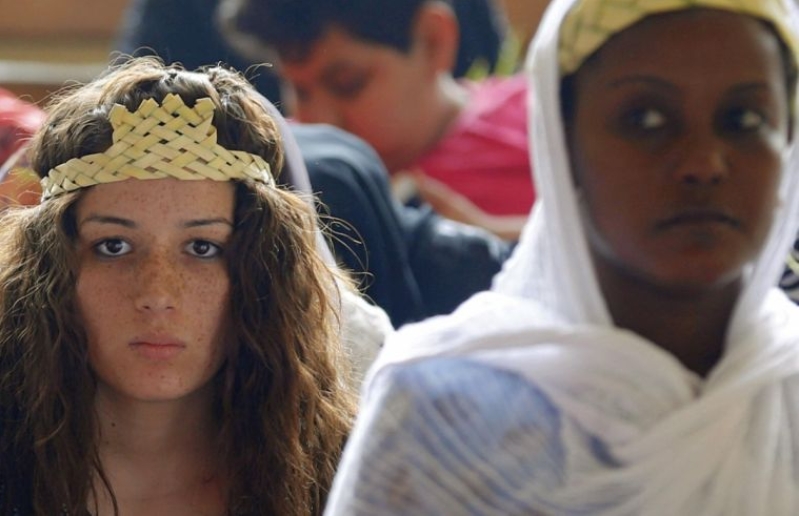
A former Muslim in Egypt has revealed how he used to be paid by Islamic extremist organizations to kidnap Christian girls and force them to convert to Islam before marrying them off to Muslim men.
Before leaving Islam, "G," an Egyptian, told World Watch Monitor he was in a network of several thousand men actively targeting Coptic girls for years. Today, that network, funded by "wealthy Muslims," is stronger than ever.
"A group of kidnappers meets in a mosque to discuss potential victims. They keep a close eye on Christians' houses and monitor everything that's going on. On that basis, they weave a spider's web around [the girls]," he said.
Sometimes, the kidnappers' strategies are subtle: "A Muslim boy tells a Christian girl he loves her and wants to convert to Christianity for her," G explained. "They start a romantic relationship until one day they decide to 'escape' together. What the girls don't know is that they are actually being kidnapped. Most of the time they will not marry their kidnapper, but someone else."
After they are kidnapped, the girls are handed over to extremists, who force them to convert to Islam, G said. Once the girls are of legal age, a "specially arranged Islamic representative" makes the conversion official. Then, the girls are given a certificate to legally change their identification cards.
"If all goes to plan, the girls are also forced into marriage with a strict Muslim," he continued. "Their husbands don't love them, they just marry her to make her a Muslim. She will be hit and humiliated. And if she tries to escape, or convert back to her original religion, she will be killed."
He added, "The most shocking thing is some girls find out that they are a second wife and are treated like animals. Some are sent to Saudi Arabia and the Gulf to work as domestic servants and they are exploited sexually and are seriously physically abused."
Muslim kidnappers, G revealed, receive "large amounts of money" for their efforts - and the value of the reward increases if the girl is the daughter of a priest.
"Police can help them in different ways, and when they do, they might also receive a part of the financial reward the kidnappers are paid by the Islamisation organizations," he said. "In some cases, police provide the kidnappers with drugs they seize. The drugs are then given to the girls to weaken their resistance as they put them under pressure. I even know of cases in which police offered helped to beat up the girls to make them recite the Islamic creed."
While most kidnappers are in it for the money, the goal of the network is to strengthen Islam and weaken Christianity, G said. "The networks have tens of thousands of members and are financed by wealthy Muslims, mostly from Saudi Arabia. Sometimes they also loot or steal from Christian companies to finance their plans," he said.
The WWM account corroborates previous reporting from persecution watchdog International Christian Concern, which found a "surge" in such incidents with little help from the authorities. The outlet said Upper Egypt is "paralyzed" by the "monstrous actions" of radical Islamists, as missing girls later turn up in online videos claiming they chose to run away. However, family members say they are being beaten and raped into submission.
Last year, Mary Wahib, 18, was taken at gunpoint from her home by four masked men, and later appeared in a Facebook video professing Islam. After Amal Shaky, 19, was snatched on her way to Cairo University, police refused to help, claiming her father had killed her.
The advocacy group, Coalition of Coptic Egypt, reported 72 cases of kidnappings, extortion and related violence against the Copts in the province of Qena during the period from 2011 to 2014.
A spokesperson for the ICC said: "ICC condemns these monstrous actions by radical Islamists in Upper Egypt and the lack of response on the side of local authorities. We weep with the families who have lost daughters, sisters and wives and pray their loved ones be returned."
Earlier this year, ISIS vowed to step up its attacks against Egypt's Christian minority, who account for about 10 percent of the 92 million population






